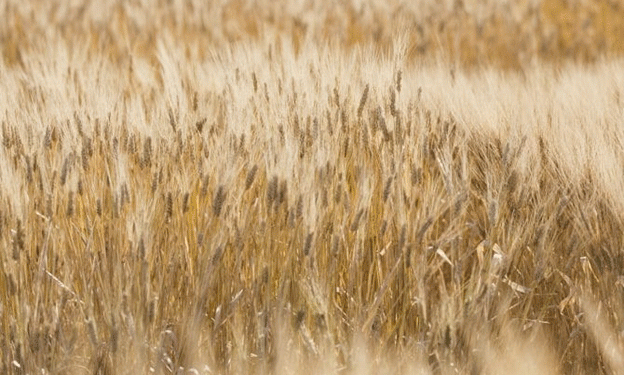On October 3-4, 2024, the Horizon Europe IPMorama project kicked off in Dublin, Ireland, signaling a new chapter in the battle against crop diseases that threaten essential agricultural products like wheat, potatoes, and grain legumes. With a €5 million investment, this four-year project brings together 17 partners from 10 European countries to focus on enhancing variety-centric Integrated Pest Management (IPM) strategies for these vital crops. The IPMorama project aims to tackle some of the most persistent threats to these crops, including wheat rust pathogens, potato blight, and fungal diseases affecting legumes such as Diaporthe/Phomopsis in soybeans and anthracnose in white lupin.
IPM Focus: Tackling Disease Resistance and Monitoring
A key aspect of the IPMorama project is the development of variety-specific strategies to control diseases. One of the primary contributors to the project, GEVES (Group for the Study and Control of Seed Varieties), will be leading efforts to enhance genetic resistance assessment and improve epidemiological monitoring across Europe. GEVES will specifically focus on wheat and potatoes in four major tasks:
- Monitoring Resistance Deployment
GEVES will participate in updating the European VCU (Value for Cultivation and Use) database, which tracks resistance in wheat and potato varieties. This work, originally started by INRAE for soft wheat, will be extended to durum wheat and potatoes, ensuring comprehensive data collection on the deployment of resistance across Europe. - Surveillance and Sampling
The project will focus on strengthening epidemiological surveillance, particularly for yellow, leaf, and stem rusts in wheat and late blight in potatoes. Through the sampling of isolates from sentinel varieties, IPMorama aims to track the evolution of these diseases and improve early detection methods, which are crucial for timely intervention. - Analyzing Resistance Stability
The IPMorama team will conduct studies on the stability of resistance across time and space, crucial for ensuring that resistant varieties can continue to perform effectively against evolving pest and disease threats. - Validation of IPM Strategies
The project will test wheat varietal mixtures in field trials to validate their ability to reduce the epidemiological development of yellow rust and maintain the sustainability of major resistance sources. These trials are expected to provide valuable insights into how different wheat varieties and mixtures interact with pest populations under various environmental conditions.
Broader Implications for the Agricultural Sector
The IPMorama project aims to address key issues that are central to European agriculture, particularly the increasing reliance on sustainable pest management practices. With the rise of resistant pests and diseases, conventional pest control methods such as chemical treatments are becoming less effective and increasingly costly. Integrated Pest Management offers a more sustainable solution by combining genetic resistance, biological control, and crop management strategies.
By focusing on the most economically significant crops in Europe, IPMorama not only aims to improve pest control but also enhance food security and sustainability across the continent. The project’s collaboration with diverse agricultural partners will ensure that research findings are translated into practical solutions for farmers, agronomists, and agricultural engineers, driving innovation in pest management strategies.
The IPMorama project represents a significant step forward in integrated pest management for wheat, potatoes, and grain legumes. With its focus on variety-centric solutions and collaborative research, the project promises to improve disease resistance and pest control methods, benefiting farmers across Europe. As pests and diseases continue to evolve, projects like IPMorama are essential for maintaining crop health and ensuring sustainable food production systems.
Error




